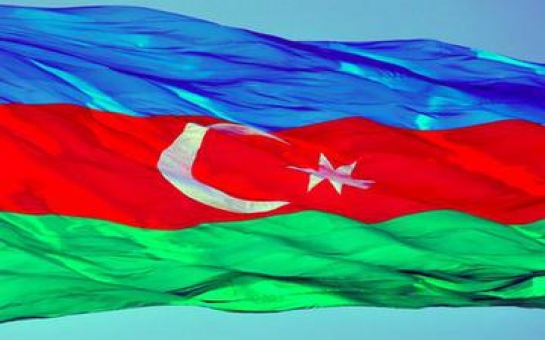László Surján and Willy Fautré look at how Azerbaijan accommodates non-Muslim religious minorities.In the time of ever-changing ideologies, people tend to understand their identities against the ones of the others and overfill the segments of their lives with sentiments and stereotypes. This is especially dangerous when leaders of a country misuse such sentiments for the purpose of gaining political capital as it results in the persecution of minority religions and those not holding any beliefs in a theocratic country. On the other hand, similar mistakes might happen if a secular state turns into a dictatorship and aims to eliminate religion from all aspects of life, be it the public or the private sphere. We saw the sad results of the latter behaviour in the communist regimes.In August of this year a delegation of Human Rights Without Frontiers International visited a dozen non-Muslim religious communities and their places of worship in Azerbaijan, a massively Muslim populated country. This was a unique opportunity to analyse the impact of Azerbaijan's separation model of state and religion on the relations between Muslims and non-Muslims in that country context.Jews have been living in the country for more than 2,000 years and for about 1400 years as a minority in a Muslim environment. Unlike many other countries in the world, there is no overt discrimination, social hostility or organised manifestation of anti-Semitism in Azerbaijan. They peacefully live among the Shi'a and Sunni Muslims who make up 96 per cent of the country's population. In 2003, a new synagogue was opened in Baku thanks to the generosity of donors of various faiths, including Azerbaijani Muslims.Christianity is said to have appeared in the northern part of present-day Azerbaijan - then called the Albanian Kingdom of the Caucasus - in 71 CE with the Apostle Bartholomew, one of the twelve early followers of Christ.In 313 King Urnair declared Christianity the religion of the kingdom. The Caucasian Albanian-Udi Church played a major role in the Christian history of Azerbaijan and in the construction of its national identity. Since independence, the state has contributed to its revival by financing the restoration of churches in Kish, Nij and other places.Christianity is also represented by the Russian Orthodox Church (ROC) and the Roman Catholic Church. The ROC suffered a lot during the Soviet regime but its recent revival was made possible by the support of the presidency as well as major financial contributions of philanthropists of various faiths and other religious communities. Their cathedral, which had been damaged during the 1990 war for independence, was restored thanks to a donation from Aydin Gurbanov, a Muslim businessman. His portrait is permanently surrounded by flowers and is exhibited in a corner of the Cathedral. President Ilham Aliyev also gave them a plot of land on which to build a religious cultural centre.Catholicism has also been re-emerging since its blossoming period in the 14th century. When the Pope paid an official visit to Baku in 2002 he donated €14,700 to help pay the €0.7m ransom demanded by extremist Muslim kidnappers of an Orthodox priest in Chechnya. He did this as a sign of gratitude for the good relations between the ROC Eparch and the local Catholic community.Twenty-one non-Muslim denominations are registered in Azerbaijan, including the Lutheran church, Word of life, Hare Krishna and others. They live on good terms with each other and with Muslims.The separation model between state and religion in a Muslim country like Azerbaijan and the culture of tolerance fostered by the state provide a solid foundation on which domestic peace can be built. Mutual respect, solidarity across denominational borders and dialogue are the core values underpinning secularism in the country. The Azeri society is built on positive secularism, meaning not abandoning the denominations, neither excluding religion from public life, but practicing the perspective of the same proximity to all beliefs.The EU needs a stable and peaceful Azerbaijan in the Caucasus, because Salafist extremists in Dagestan and Chechnya are a destabilising force in the region. Azerbaijan's model of secularism also needs more visibility in the wider Muslim world, in particular in the Arab Spring countries. The EU would do well to contribute to this effort.László Surján is vice-president of the European parliament and member of the working group on freedom of religion or belief
Willy Fautré is director of Human Rights Without Frontiers International.
ANN.Az
